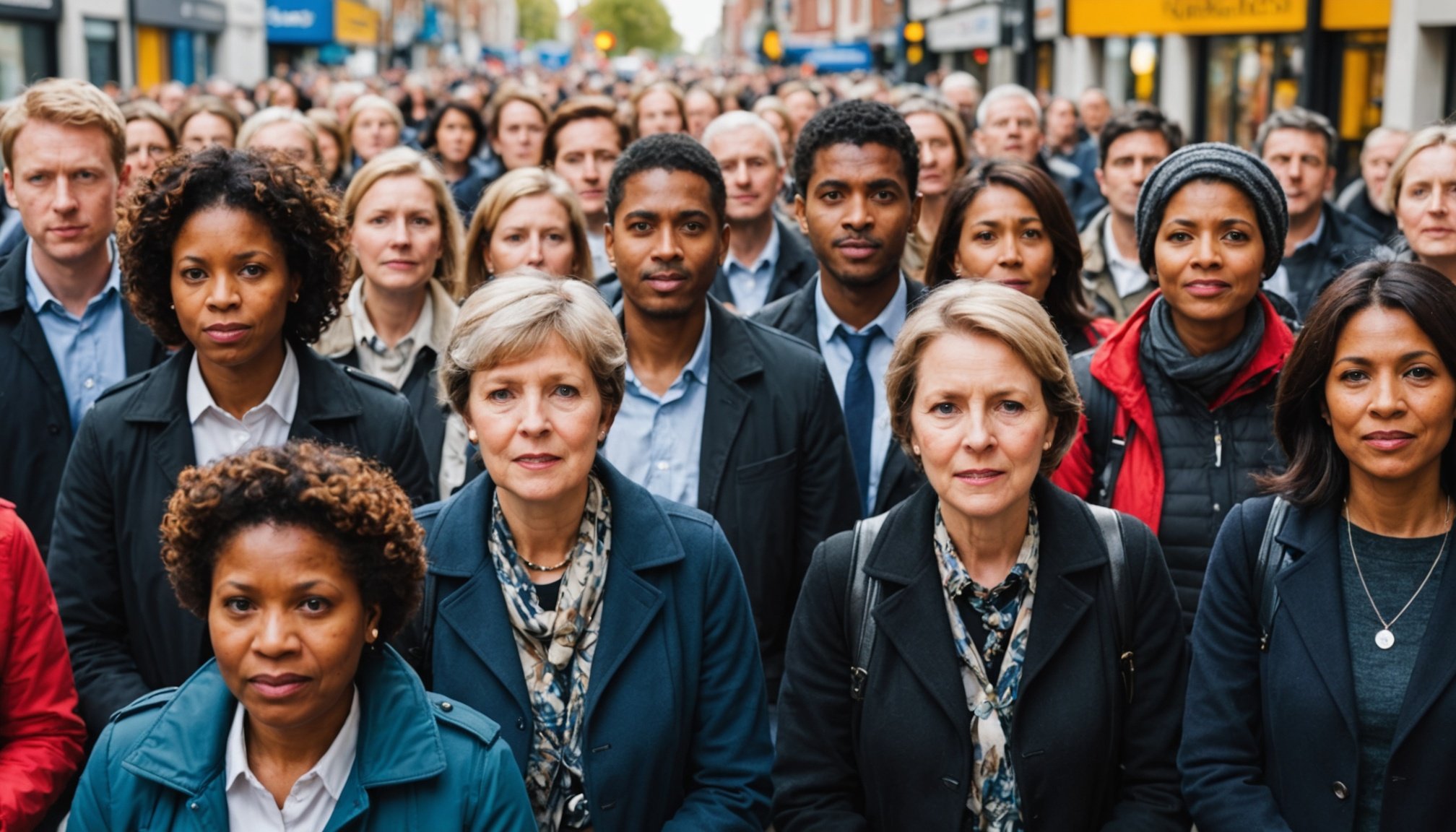In today’s globalized world, the UK stands out as a melting pot of diverse cultures and traditions. This cultural diversity, while enriching the social fabric, also shapes the health beliefs and practices of its people. For healthcare professionals, understanding these differences is not just beneficial but essential to provide effective and empathetic care. This article delves into the interplay of culture and healthcare, fostering insights that can help you navigate this multifaceted landscape.
Understanding Cultural Beliefs in Health and Illness
Cultural beliefs profoundly influence how individuals perceive health and illness. In the UK, where multiple cultures coexist, these perceptions are as varied as the cultures themselves. For instance, some communities might emphasize traditional healing methods over modern medicine, while others might focus on holistic approaches that integrate both.
Also read : What are the key factors influencing vaccination rates among UK adults?
- Cultural Context: Every patient comes with a backdrop of cultural beliefs that influence how they understand their condition. For example, certain South Asian communities might link diabetes to dietary habits specific to their culture, viewing it more as a lifestyle issue than a mere medical condition.
- Influence of Religion: Religious beliefs often intertwine with health perceptions. Certain faith-based communities might prioritize spiritual healing as a first step before seeking medical intervention. Understanding these preferences is crucial for healthcare providers to ensure safety and build trust.
- Traditional Practices: Practices like acupuncture, homeopathy, and herbal medicine are integral to some cultures. Recognizing and respecting these practices can enhance patient communication and lead to more holistic treatment strategies.
Fostering awareness of these beliefs helps healthcare providers tailor their interactions with patients, ensuring that they are not only medically sound but also culturally sensitive.
The Role of Social and Environmental Factors
Cultural diversity in the UK means that social and environmental factors play a pivotal role in shaping health behaviors and outcomes. These factors can either facilitate or hinder access to essential healthcare services.
Topic to read : What steps can be taken to promote healthy aging among the elderly in the UK?
- Socioeconomic Status: Economic disparities often lead to differences in health access and outcomes. Certain cultural groups, particularly those in lower socioeconomic brackets, might face challenges like limited access to healthcare facilities, which can exacerbate existing health conditions.
- Language Barriers: Communication difficulties due to language differences can lead to misunderstandings, impacting patient care and safety. Healthcare providers must be equipped with resources like translators or culturally specific communication aids.
- Community Support: Strong community bonds are prevalent in many cultural groups. These networks can provide emotional support and guidance, influencing health behaviors positively. For instance, a community that promotes regular health screenings might lead to better health outcomes for its members.
By understanding these social and environmental factors, you can better anticipate the needs of diverse patient populations and implement strategies that address these unique challenges.
Adapting Healthcare Practices to a Multicultural Society
Delivering effective healthcare in a multicultural setting requires adaptability and continuous learning. As healthcare providers, you play a crucial role in bridging cultural divides and ensuring equitable care for all.
- Cultural Competence Training: Providing training that focuses on cultural awareness can empower healthcare professionals to recognize and respect the diverse backgrounds of their patients. This training should highlight the importance of understanding cultural nuances in dietary restrictions, religious practices, and communication styles.
- Personalized Care: Tailoring healthcare strategies to accommodate cultural preferences can lead to better treatment adherence. For instance, offering dietary advice that aligns with a patient’s cultural food preferences can result in more successful outcomes.
- Inclusive Policy Making: Policies that take into account cultural diversity can create an environment where all patients feel valued. This includes offering materials in multiple languages and ensuring representation in healthcare decision-making.
Adapting to a multicultural society isn’t just about awareness; it’s about integrating this knowledge into everyday healthcare practices to ensure that every patient receives care that respects their individuality.
The Future of Cultural Diversity in Healthcare
With the UK’s population becoming increasingly diverse, the future of healthcare lies in its ability to adapt to this changing landscape. The upcoming challenges and opportunities necessitate proactive measures from healthcare systems.
- Technological Integration: Technology can play a significant role in bridging cultural gaps. Digital health tools, like telemedicine in multiple languages, can offer patients access to healthcare services that are culturally and linguistically appropriate.
- Research and Development: Investing in research that focuses on the intersection of culture and health can lead to innovative practices and policies. Understanding how different factors affect health outcomes can guide the development of more inclusive healthcare systems.
- Community Engagement: Building partnerships with cultural leaders and influencers can enhance trust and improve health outcomes. Encouraging communities to participate in health promotion activities ensures that healthcare initiatives are more culturally relevant.
As healthcare providers, you have the opportunity to shape the future of healthcare by embracing the diversity that defines the UK. By prioritizing cultural awareness and inclusive practices, you can ensure that healthcare systems are prepared to meet the needs of every individual in this dynamic and varied population.
In conclusion, cultural diversity in the UK’s population presents both challenges and opportunities for the healthcare sector. By understanding the intricate relationship between cultural beliefs and health practices, you can provide care that is both effective and respectful. As you embrace these differences, you not only enhance patient care but also contribute to a more inclusive society where healthcare is accessible and equitable for all. The journey towards culturally competent healthcare is ongoing, and your role in shaping this future is invaluable.











